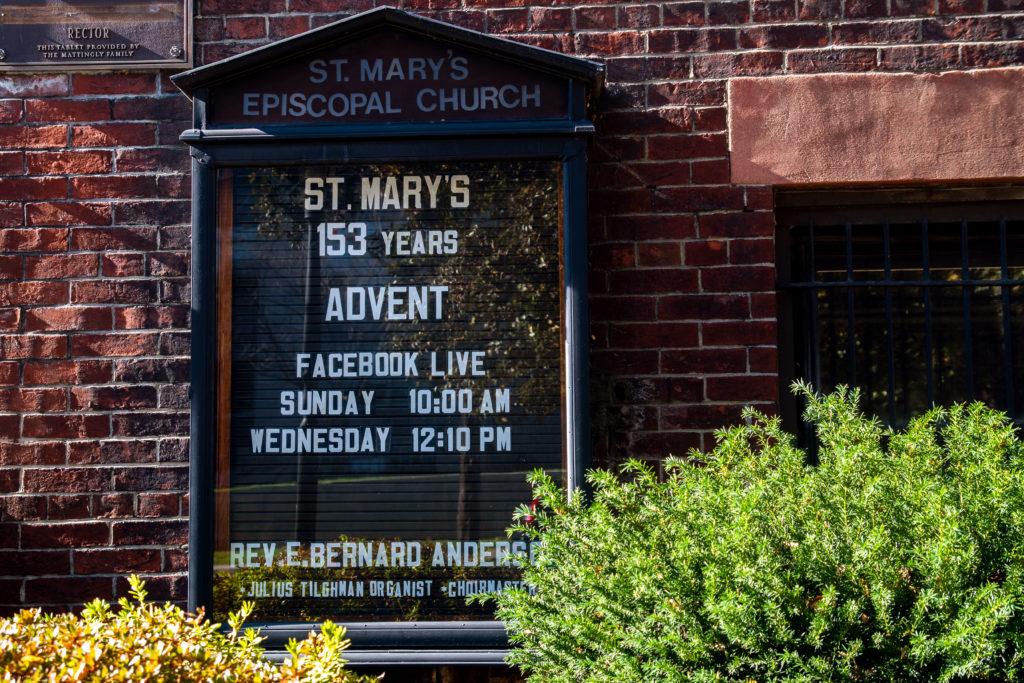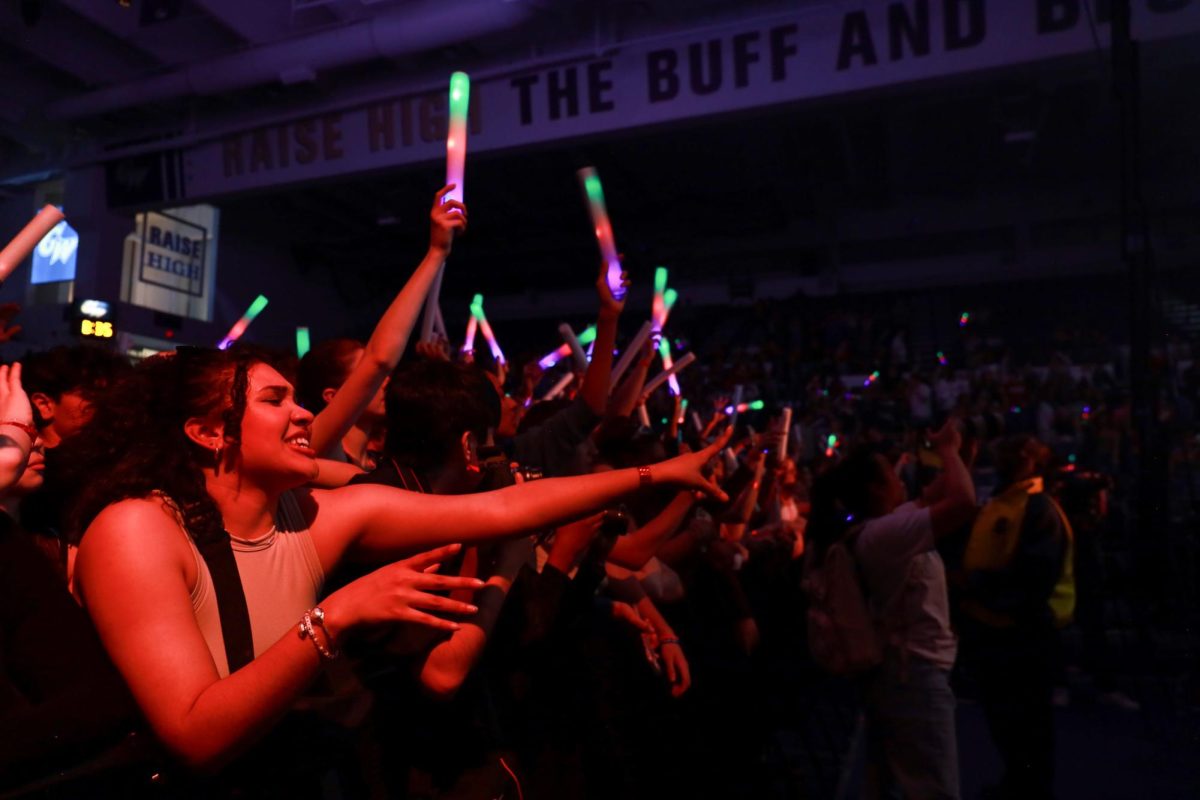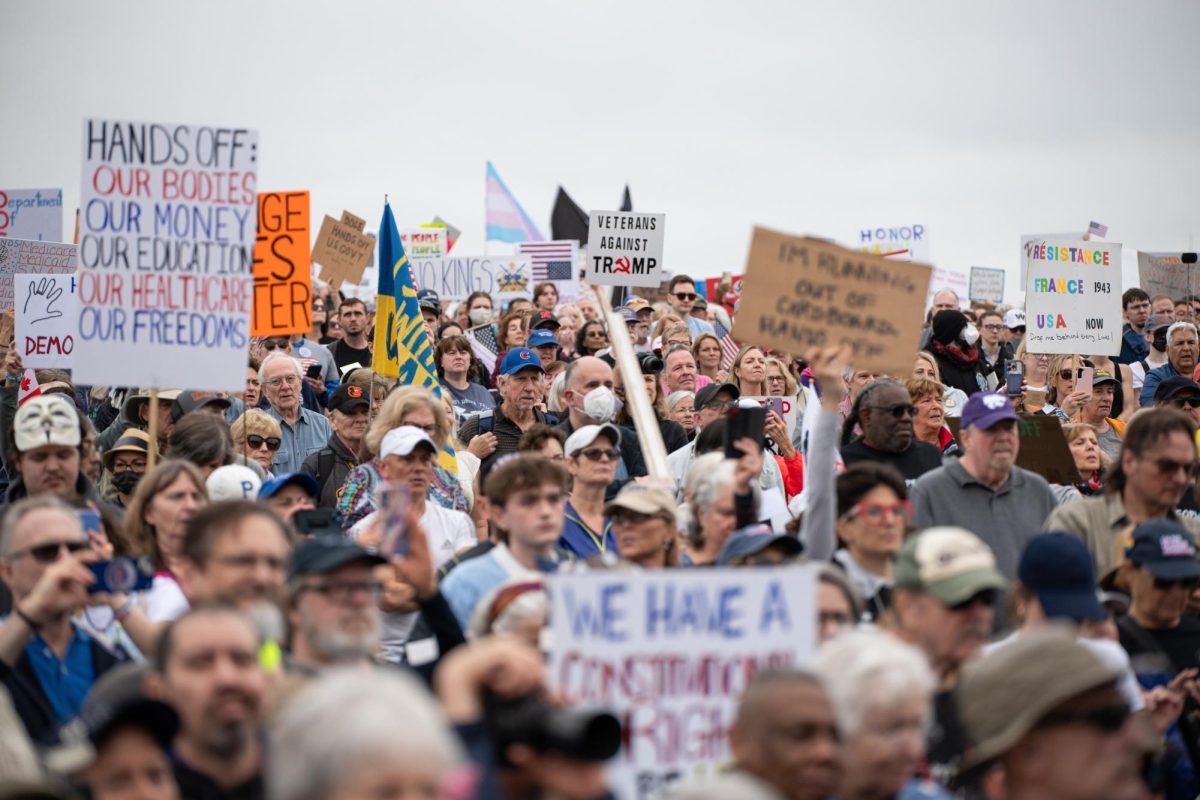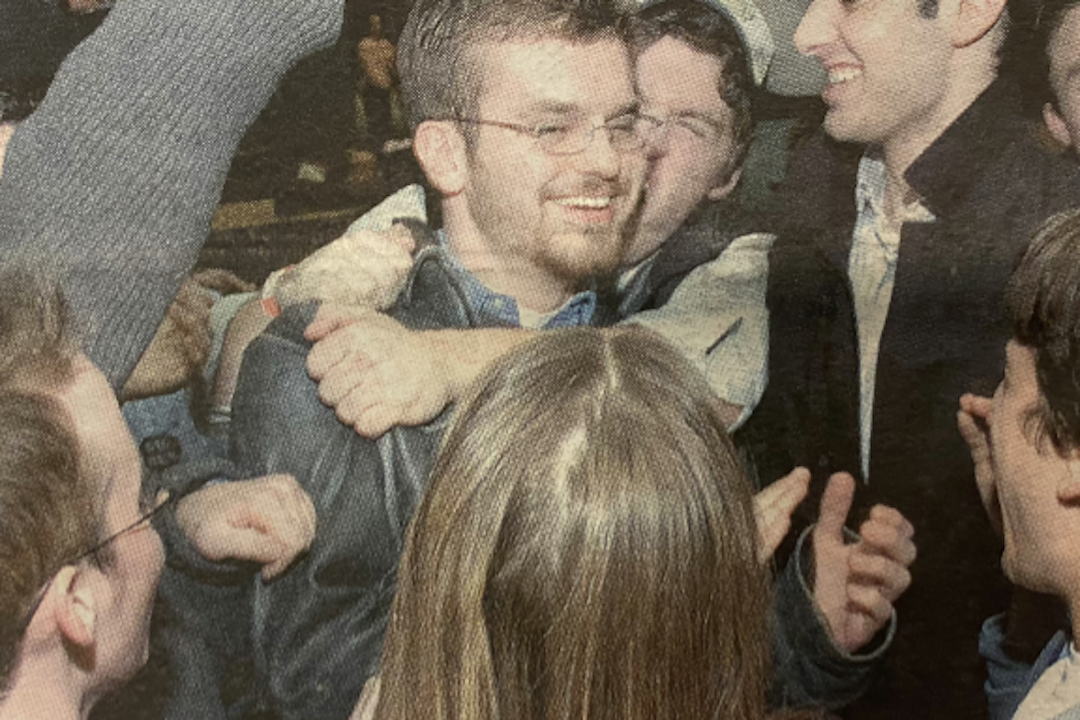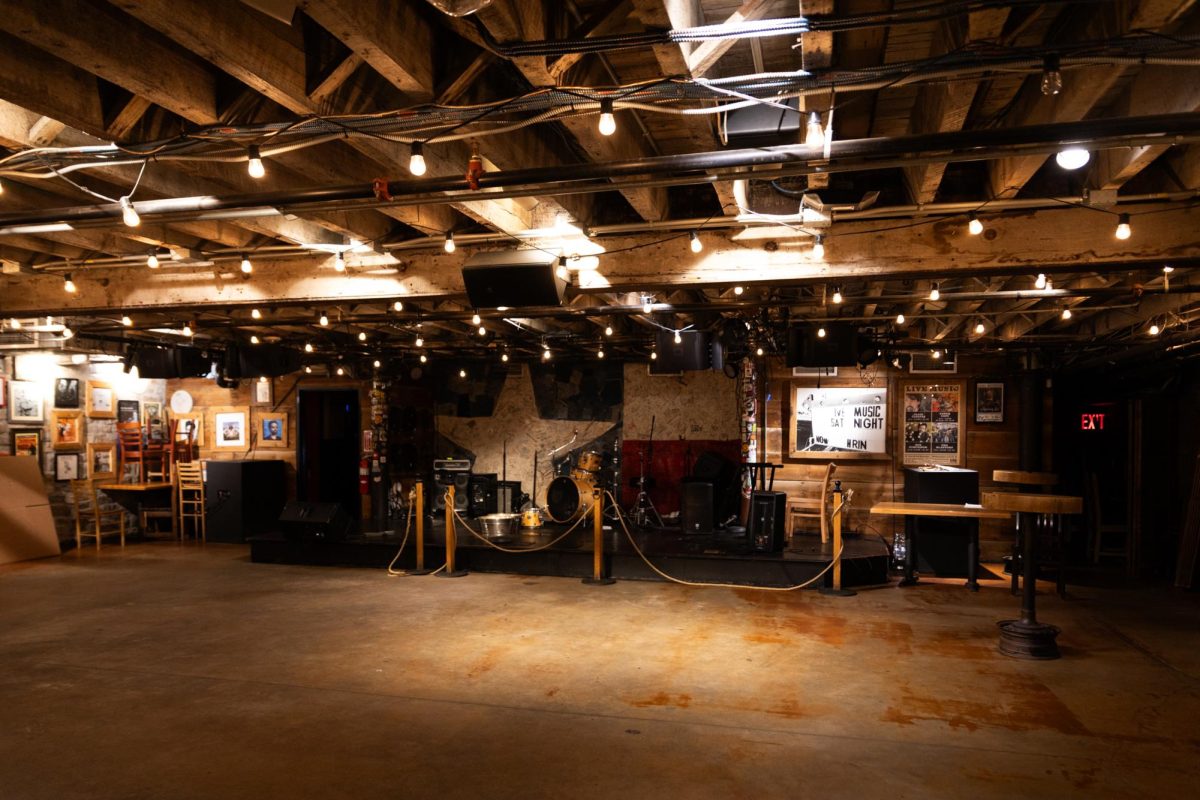Before you invite friends and family over to swap presents, consider the risk of COVID-19.
Gerald Keusch, an infectious disease specialist from the Boston University School of Medicine and the associate provost for global health at the BU Medical Campus, fielded The Hatchet’s questions about everything from holiday shopping to visiting elderly family members this month. Keusch’s answers have been edited for length and clarity.
What are your biggest recommendations to keep the general public safe during the holiday season?
Gerald Keusch: My singular message has been to remain prudent and thoughtful about the risks of exposure but not to panic. Clear thinking based on information about the spread of the virus is essential. It is a great mistake to let political or other polarizing views or issues determine one’s behavior. COVID-19 is real, more than a quarter million Americans are dead, and everybody is at risk. However, nine months of experience with this pandemic in multiple countries demonstrates that simple rational measures can reduce transmission, illness and mortality.
The single simple idea is to alter behavior to reduce exposure to an infected individual and with respect for others, to reduce the chances you might spread the virus if you were infected, whether you know it or not or are feeling well or have symptoms. These measures are to use a mask in public, keep socially distanced from others and avoid being in crowds – especially if there are lots of people you don’t know many or most of whom are not wearing masks – and wash your hands or use sanitizer if you touch something that could have been exposed to the virus.
How do you think the COVID-19 pandemic will be affected by the holidays?
GK: Adversely, for sure, and to the extent that people stop thinking about risk reduction for themselves and for others and become careless or cavalier about the basic public health behaviors then the transmission of infection and its consequences will increase…The more the outbreak continues, the longer it will take to return to more “normal” times.
What are the safest types of gatherings? The least safe?
GK: It is easier to identify the least safe gatherings where large numbers of people are crowded indoors and many are not wearing masks. When you find that you can be sure that most of those people are meeting with others in similar circumstances which also increases the likelihood that one or more of them will be exhaling virus containing air and others in the room will be breathing it in. The safest gathering will be a small number of people, all of whom you know and can trust that they are responsible and always practice good and prudent public health behavior and would let everybody know if they were exposed to somebody with the infection and decline the invitation to get together.
Would you recommend attending holiday gatherings like religious services or office parties?
GK: Office holiday parties are easy to address – this year they should be canceled unless the number of people is limited, the space they will be in is proportionately large and preferably outdoors, social distancing is possible and activities like singing – which increase the force of exhaling and spreading potentially virus containing air – are avoided. Religious gatherings are no different. A church, a synagogue or mosque are no more protective than a school or office building, and the same principles apply to all. In my view it is irresponsible and in fact immoral for religious leaders to assume and preach that a religious setting is any less risky to the participants than any secular setting might be.
What are your recommendations when it comes to exchanging gifts?
GK: To be encouraged as these represent human to human feeling, bonding and support. I would include just sending a holiday card with a personal message as a gift – the gift of caring.
How can we safely shop for the holidays?
GK: It’s too late to tell people to avoid the crush of Thanksgiving shopping venues, but the same principles of prudent behavior pertain. The least risky is online. The most risky is in line at a store or the check out counters when there are crowds, distancing cannot be maintained and some or most people are not wearing mask. This doesn’t mean you absolutely refuse to enter a shop, but you do refuse when the sane public health behaviors are flouted and crowding is unavailable.
What are your recommendations for visiting grandparents or the elderly?
GK: Everybody has to think about whether they represent an increased risk to their grandparents or other elderly people they might visit. It comes down to the same issues to evaluate – have you been in settings of increase risk of transmission or have you been with somebody who has tested positive – sick or not sick – and could you be asymptomatically infected? I would add to the decision analysis – otherwise known as thinking – to consider when the more risky contact occurred, and if it was at least seven days previously you are less likely to be infected, but for sure not 100 percent certain that is true. Then, how well or frail are they? How old are they? Can you limit close contact during the visit? How long will you be together (another parameter affecting transmission is how long you are in proximity to an infected person)? And will everybody wear a mask?


